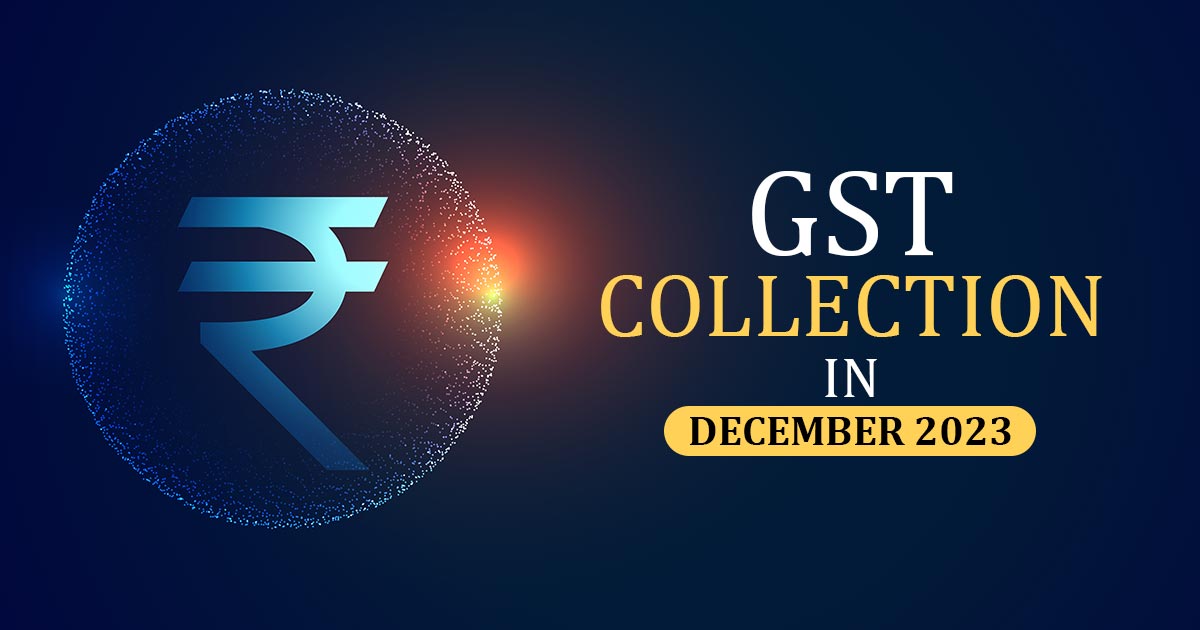
In December, the combined GST revenue gathered by central and state governments amounted to ₹1.64 trillion, slightly under the average of ₹1.66 trillion per month for the year. However, this still marked a significant 10.3% increase compared to the previous year’s figures.
In December 2022 nearly Rs 1.5 trillion is been collected by the Centre and the States.
In the April-December duration of the current fiscal the gross GST collection increased 12% compared to the year-ago duration to Rs 14.97 trillion, the finance ministry stated in a statement.
December’s GST receipts represent a decline since October, which saw a peak of ₹1.72 trillion, the second highest for this fiscal year after the record ₹1.87 trillion in April. This suggests a slowdown following the restocking of supply chains by businesses before the festive season.
However, there’s a possibility of an uptick in receipts approaching the end of the fiscal year. Except for May and August, GST receipts have consistently surpassed ₹1.6 trillion this fiscal year.
As per the ministry, after settling taxes for interstate sales, the central government collected ₹70,501 crore, while the states received ₹71,587 crore in December.
Analysts highlighted that achieving a 12% growth in GST revenue would align closely with the fiscal year’s nominal GDP growth rate. However, additional revenue from GST audits and enforcement measures could contribute to the overall collection. Vivek Jalan, partner at Tax Connect Advisory Services Llp, a consulting firm, noted that with assessments and show-cause notices from multiple years reaching their time limit in the current financial year, the Centre and states might anticipate an increase in revenue through tax administration efforts.
Large state economies such as Maharashtra, Uttar Pradesh, Karnataka, and Tamil Nadu in December, reported revenue growth in the range of 12-19%, as per the data.
Data from the GST Network revealed a decline in GST e-way bill generation for goods movement within and across states in November, dropping to 87.5 million from October’s peak of over 100 million, the highest recorded under the GST regime. The November e-way bill trend has some bearing on December’s tax collection.
GST revenue, being a consumption-based tax, is considered a barometer of economic consumption trends, reflecting both spending patterns and efforts to bolster collection.
Read Also: GST Collection Gets 1.72 Lakh Cr in Oct, 2nd Highest Month in 2023
Between April and October, the output of consumer durables, indicating consumer sentiment and purchasing power, saw a modest 1.4% growth from the previous year. Contrastingly, consumer non-durables, items bought more frequently, experienced a robust 7.1% growth.
Capital goods production and construction goods exhibited strong double-digit growth in the fiscal’s initial seven months.









